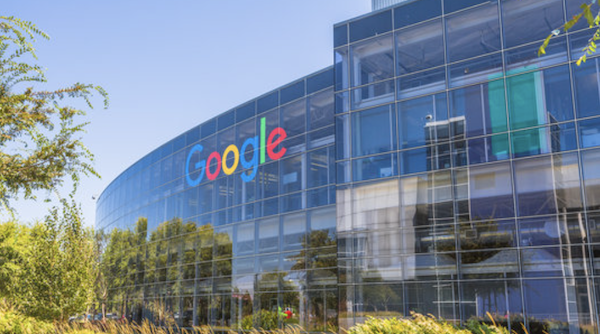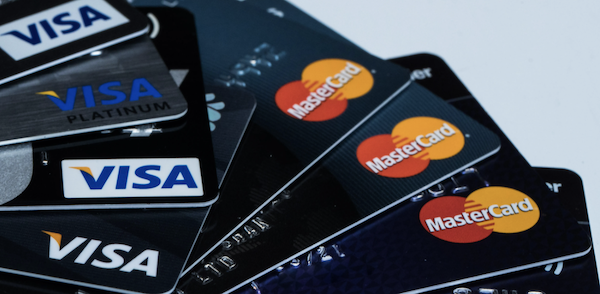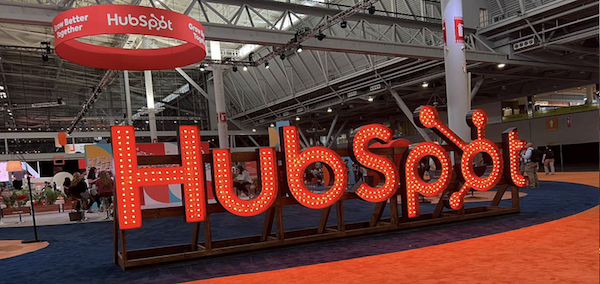Market scorecard
US markets ended the week on a positive note following Friday's release of much better-than-expected payroll data. Even though the report shifted expectations of an interest rate cut to September, a robust labour market is good for the economy and company profits, and all eleven sectors of the S&P 500 gained on the day. The broad index still registered a 1% decline for the week, its largest since early January, and the tech-heavy Nasdaq slipped by 0.8%, but Friday's performance offered some respite.
In March, US employers added 303 000 jobs, according to the Labor Department's report, surpassing economists' forecasts of 200 000. The unemployment rate also improved, declining to 3.8% from February's 3.9%, in line with expectations. Increased immigration is keeping wage gains in check.
In company news, Trump Media stock fell 12% on Friday, bringing the total weekly losses to just over 32%, erasing about $2 billion in value after the SPAC merger. Elsewhere, Kyoto-based Towa is up 45% year-to-date or 390% over one year, becoming one of the largest beneficiaries of AI. Towa controls about two-thirds of the world's chip molding equipment market.
On Friday, the JSE All-share closed down 0.79%, but the S&P 500 rose by 1.11%, and the Nasdaq was 1.24% higher.
Our 10c worth
One thing, from Paul

There is a strong case for putting your life savings in hard currency. When I chat with clients about the importance of externalising their spare Rands, putting them beyond the reach of greedy socialists, I remind them that South Africa has an uncertain political future.
To illustrate my point, I sketch this scary scenario: it's 2030 and Finance Minister Floyd Shivambu tightens exchange controls and imposes wealth taxes on the rich. I also suggest that the Rand may be at 100 to the USD by then, and inflation might be running at 50% per annum. If that happens, investors will have fled, properties will be near worthless and the local economy will be in ruins.
Well, the chief of the EFF, Julius Malema, had this to say on a radio show on Friday, about the forthcoming national election, which is just weeks away: "I am prepared to give the EFF vote to the ANC, nationally, if it doesn't get 50%. Then I will make one demand, make Floyd Shivambu Finance Minister."
I'm not saying that these things are going to happen. I'm an optimist, after all. But they are possible. You should act now.
Byron's beats

Would you pay for search? Google is considering charging money for its AI-powered search engine. Historically the service has been subsidised by advertising but because the back-end AI expertise is proving to be quite expensive, Google thinks a paywall might be the answer.
I suppose the key will be how good the product is. Will a premium AI-backed version of search be so much better than the free version that it is worth paying extra for? Maybe. I am guessing it will become similar to the Chatbots we are already seeing from Copilot and ChatGPT. As the search questions get more complicated you would expect a more conversational answer along with links and other features.
It's interesting to observe how this new technology is evolving. It is even better to have skin in the game too, by owning Google shares.
Michael's musings

Two weeks ago Visa and Mastercard struck a deal with millions of US merchants which is expected to save the merchants about $30 billion in swipe fees over the next five years. A few clients emailed to ask if we were concerned about the impact on Visa's margins. The short answer is, no.
The bulk of that $30 billion in savings will be coming out of the budget of credit card reward programs. Visa and Mastercard might set the swipe fees, but the banks and credit card providers get the majority of the money. It means that Visa's small portion of the overall fee charged is mostly safe and that the downward pressure on card swipe fees will be felt by the banks.
An interesting part of the legal agreement is that merchants will be able to charge surcharges to different card classes. Some premium credit cards come with higher swipe fees for the merchant, which they will now be able to pass on to the customer if they choose to do so. The argument from the card companies is that merchants should want big spending shoppers, so they should pay higher swipe fees for that privilege and not pass the higher charge onto the client.
This deal is specific to the US and will not apply globally. So your eBucks and Discovery miles are safe, for now.
Bright's banter

Google parent Alphabet is reportedly contemplating acquiring online marketing software company Hubspot. Hubspot is currently valued at $34 billion, such a move would mark Google's largest acquisition to date, far surpassing its previous purchases of Motorola for $12.5 billion in 2011 and cybersecurity firm Mandiant for $5.4 billion in 2022.
Google's substantial cash reserve of $110.9 billion makes the prospect of a deal quite feasible. While no formal offer has been extended, analysts speculate that an acquisition of Hubspot could cost up to $40 billion. The biggest hurdle to a deal would be getting regulatory approval.
Following the news, Hubspot shares saw a significant uptick, rising as much as 11% before closing up 5% on the day. The software marketing company reported a net loss of $176.3 million in 2023 on $2.2 billion of revenue, leading to a notable 64% increase in its share price over the past year.
Linkfest, lap it up
GLP-1s are wonder drugs. Early-stage trials are showing a host of positive effects from taking weight-loss drugs like Novo Nordisk's Wegovy and Eli Lilly's Zepbound - GLP-1 drugs mitigate the effects of Parkinson's disease.
But wait, there's more. Wegovy wins FDA approval for cutting heart disease risks - Health insurers will most likely cover them now.
Signing off
Asian markets are mostly higher this morning, led by Japanese shares. Stocks fell in mainland China as its financial markets reopened after a two-day holiday.
US equity futures are slightly lower pre-market, but it's early, and it's a Monday. The Rand is trading at around R18.71 to the greenback.
This week's focus shifts to US inflation data for March which will likely tell a better story. On Friday, US banks like JPMorgan and Citigroup kick off the first quarter corporate earnings season.
Work hard this week, it is 5 days for a change.